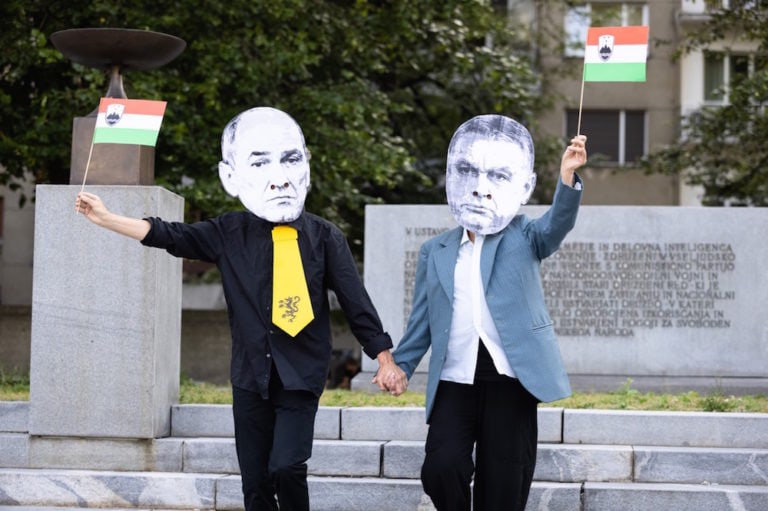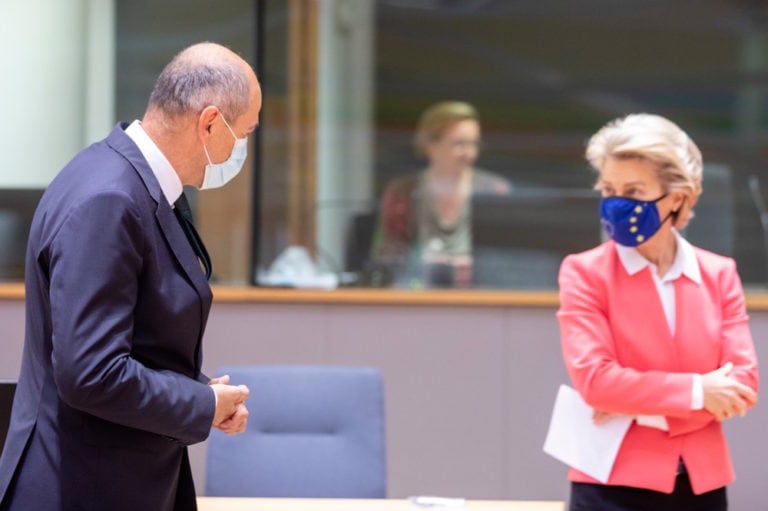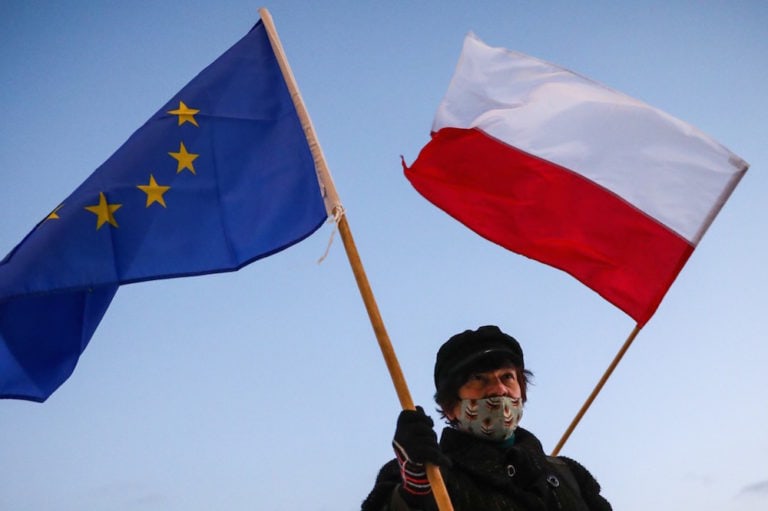Courts illegally monitored telephone calls between judges and journalists, newspaper claims.
Joint IPI/South East Europe Media Organisation (SEEMO) statement
Courts illegally monitored telephone calls between judges and journalists, newspaper claims
(IPI/IFEX) – VIENNA, 15 December 2009 – Superiors at a Ljubljana, Slovenia, district court have endangered journalists’ right to protect the confidentiality of their sources by ordering the checking of traffic-data of telephone calls made between judges and journalists, the Slovenian daily Dnevnik has reported.
According to a 4 December article published in the newspaper and quoting anonymous sources at the district court, the court’s president ordered “informal” checks on some outgoing calls in order to determine which judges were talking to journalists, in particular to Dnevnik journalist Rok Praprotnik.
The monitoring allegedly started following an 11 November Dnevnik article, written by Praprotnik, regarding the conduct of a police investigation into a bomb attack on a judge’s home earlier that month.
Praprotnik’s article contained leaked, confidential information regarding the conduct of the investigation.
Blaz Zgaga, a freelance journalist in Slovenia, said that if investigators suspected that Praprotnik’s reporting broke secrecy laws the correct legal procedure would be to launch a pre-trial investigation, with all the suspect’s rights upheld.
Traffic-data checks like the ones allegedly conducted by the district court would be in breach of this procedure, Zgaga explained.
Zgaga also reported that, in a press release, the district court admitted to checking their employees’ telephone calls, but denied this was in order to identify journalists’ sources.
“We call for a full and open inquiry into these troubling claims,” said IPI Director David Dadge. “The ability to protect the confidentiality of their sources is integral to a journalist’s work of uncovering information which is of interest to the general public. Attempts to undermine this principle show disdain for press freedom.”


